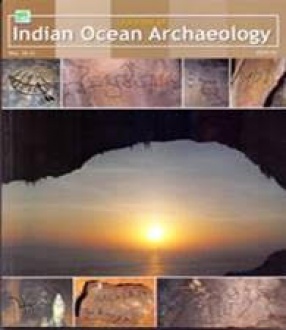
Sunil Gupta

Showing all 9 books

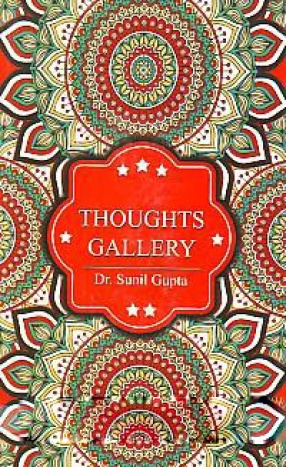
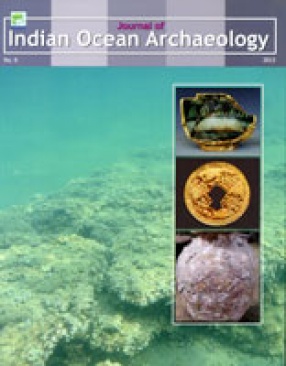
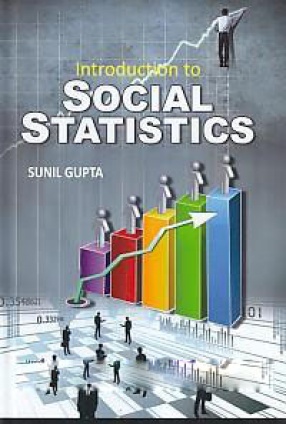
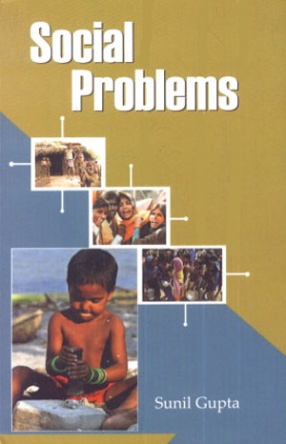
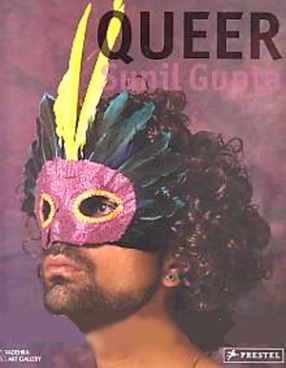
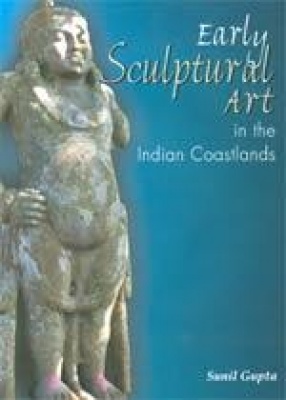
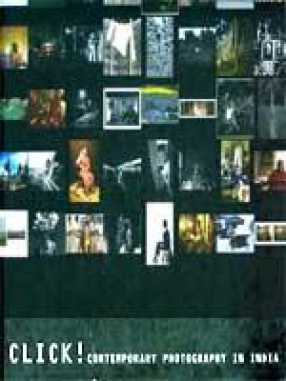

The Journal of Indian Ocean Archaeology (JIOA) is an Indian journal with an international perspective, dealing with the historical process through which cultures grew in the countries bordering the Indian Ocean from the Red Sea through the South China Sea; the process which joined them together and made them share each others’ achievements in science and technology, literature and philosophy, social norms and cultural ethos, trading practices and exchange ...


Journal of Indian Ocean Archaeology was launched in 2003 by one of India’s leading academic institutions, the Centre for Research & Training in History, Archaeology and Palaeo-environment, New Delhi. The second issue is in the Press. The Journal is an outcome of the realization on the part of the international community of archaeologists and historians that India has no journal devoted exclusively to the archaeology of the Indian Ocean Rim countries, ...


India is one of the developing nations of the modern world. It has become an independent country, a republic, more than a half century ago. During this period the country has been engaged in efforts to attain development and growth in various areas such as building infrastructure, production of food grains, science and technology and spread of education. The life expectancy has increased and many diseases have been controlled. However, there are many areas in ...

The first monograph on this important Indian photographer features selections from each of his major series, offering a comprehensive overview of Sunil Gupta’s work to date.Arguably India’s best-known working photographer, Gupta is also a well-known artist, curator, and writer. For decades he has explored narratives of contemporary gay life in India and other parts of the world; tackled issues of gender and sexuality; and documented his own ...


Scholars of early Indian art traditions have mostly viewed the coastlands as being marginal to the cultural efflorescences that happened in the interiors of the subcontinent. The classical schools of Indian sculptural art which blossomed at Mahtura, Gandhara and Sarnath in the first half of the first millennium CE, have become axioms in the study of early Indian sculptural art. No discussion on early sculptural art can be complete without allusion to ...

Click. As a "person of Indian origin" returnee this word completely fascinated me. I hadn’t heard it in this way before and it was being so commonly used in Delhi, that I thought, hello, what have I missed in the intervening years during my rather lengthy absence. People of all ages and all walks of life said it. It appeared in the press and seemed to have reached a point beyond the vernacular. "I clicked a picture," my ...
